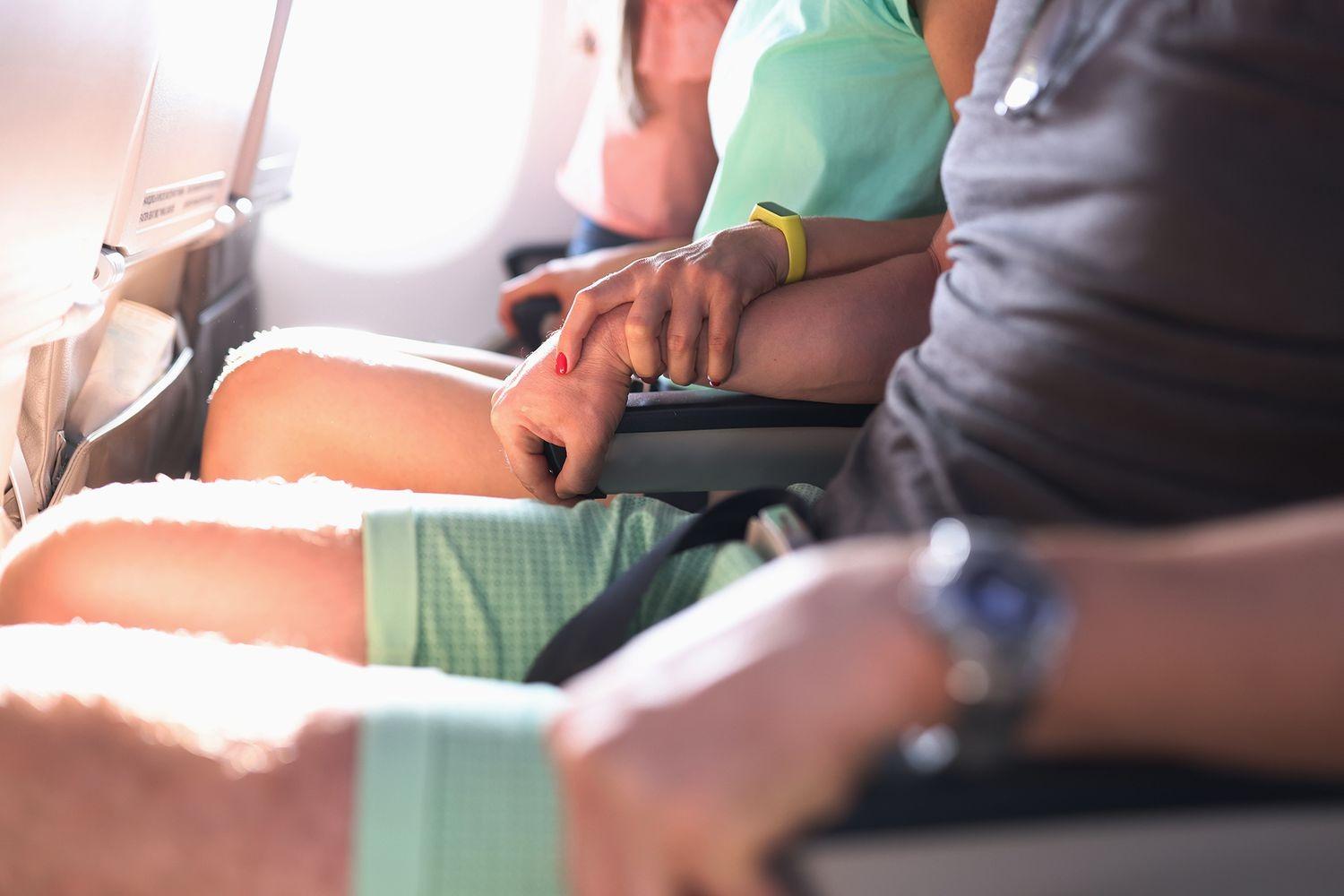
Ms Siti Mariam, Principal Therapist, and Dr Victor Kwok, Senior Consultant Psychiatrist, shed light on the prevalence, symptoms, and treatment of plane phobia, commonly known as aerophobia. Ms Siti Mariam was recently interviewed by Channel News Asia Singapore to discuss this widespread condition.
Q: How common is aerophobia in Singapore?
Aerophobia, or the fear of flying, affects a significant portion of the population. International studies suggest that mild anxiety about flying can impact 10-30% of individuals, with up to 5% developing a full-blown phobia. Aerophobia is characterised by an irrational and overwhelming fear of air travel, leading many to avoid flying altogether. This condition is not uncommon among our patients. Some go to great lengths to avoid air travel, choosing to travel by car or ship instead. For instance, I have a patient who has not flown for 40 years. Typically, these patients do not solely suffer from aerophobia; they are often also diagnosed with other anxiety disorders, such as:
- Panic disorder (experiencing recurrent panic attacks)
- Agoraphobia (fear of crowded places, enclosed spaces, and public transport, including planes)
- Generalised anxiety disorder (excessive worry about various aspects of life)
This fear can also extend to other forms of public transport, such as the MRT, LRT, buses, or cars.
Q: Does aerophobia affect any particular age group or demographic?
Aerophobia can develop at any stage of life, though it most commonly begins in the late teens or early twenties. While studies indicate that women are more likely to experience this phobia, our clinical experience shows that it affects men and women equally, and it can manifest later in life as well.
Q: Have you seen an increase in demand for your services following the SQ321 incident, where many were injured by turbulence?
Yes, we have observed a rise in enquiries related to plane phobia since the SQ321 incident.
Q: What are people saying or asking, and why might they be affected even if they weren’t on the flight?
Many of those reaching out already suffer from underlying anxiety disorders, such as panic disorder, agoraphobia, generalised anxiety disorder, or depression. High-profile incidents involving air travel, especially those widely reported in the media, can exacerbate their anxiety, even if they were not directly involved.
Q: Who are your typical clients?
Our clients range from frequent flyers to individuals employed in the aerospace industry, such as aeroplane manufacturers. However, plane phobia can affect anyone, regardless of their profession or frequency of air travel. We encourage anyone struggling with this fear to seek help.
Q: How does a fear like aerophobia develop, and why is counselling an effective treatment?
The development of aerophobia is typically influenced by a combination of factors, including:
- A family history of anxiety disorders
- An anxious personality
- Female gender (though we see an equal number of men in our clinic)
- Exposure to traumatic experiences (such as news about air crashes or severe turbulence)
Physical symptoms of aerophobia can include sweating, trembling, a rapid heartbeat, shortness of breath, and dizziness, often triggered by the mere thought of flying.
Counselling, particularly Cognitive Behavioural Therapy (CBT), is highly effective in treating aerophobia. CBT helps patients understand that air travel is safe, teaches relaxation and mindfulness techniques, challenges unhelpful thoughts, and involves exposure therapy. This step-by-step approach, guided by a therapist or psychologist, allows patients to gradually confront their fear, whether through imagination, plane simulators, or virtual reality. Virtual reality therapy is particularly innovative, offering a controlled environment where patients can experience the sensation of flying, which gradually diminishes their fear.
Q: How long does treatment typically last?
Treatment usually spans 6-10 sessions over 3-5 months. For those unable to commit to therapy or who may lack the motivation, medications are available as a short-term or long-term solution for managing anxiety.
Q: Are medications an effective alternative to therapy?
Medications can be very effective for individuals who do not have the time or inclination to undergo therapy. A psychiatrist, who is a medical doctor specialising in mental health, can prescribe these medications. Antidepressants, which have a long-standing record of safety and no risk of addiction, are often recommended. The effects will show within 2-3 weeks. They are typically taken nightly for several months before they can be gradually discontinued.
For occasional flyers, on-demand sleep medications can provide temporary relief, calming them for a few hours during the flight. However, these should not be used regularly due to their addictive potential.
Q: When should someone seek professional help?
If your fear of flying significantly disrupts your daily life or prevents you from travelling, it may be time to consult a psychiatrist, psychologist, or art therapist.
Q: How can I support someone with aerophobia?
Supporting someone with aerophobia involves:
- Being understanding and supportive
- Avoiding dismissive comments like “Just get over it” or “It’s all in your head”
- Listening and providing reassurance if unsure what to say
- Gently encouraging them to seek professional help
Q: Is there anything else you would like to share with the public?
Seek help today because aerophobia is a highly treatable condition. With the right support and treatment, it need not interfere with your leisure, family, or professional life.
Seek Help Today
If you or someone you know is struggling with a fear of flying, please know that help is available. Our compassionate team of therapists and psychiatrists is here to support you in overcoming this challenge, so you can travel with confidence and peace of mind.
Reach out to us today to learn more about how we can assist you on your journey to wellness.
